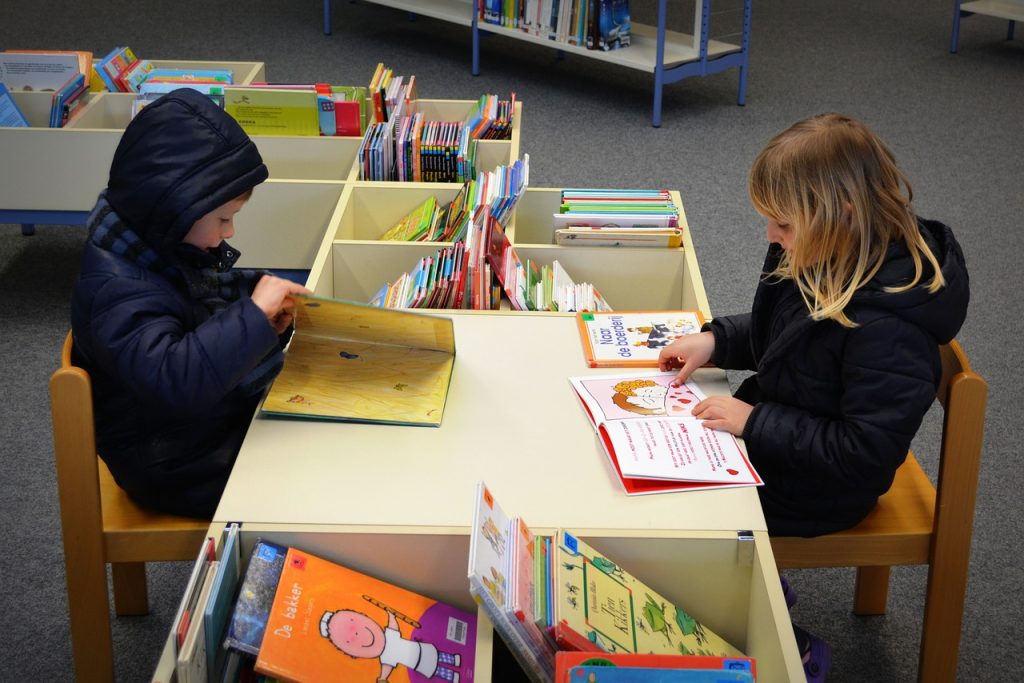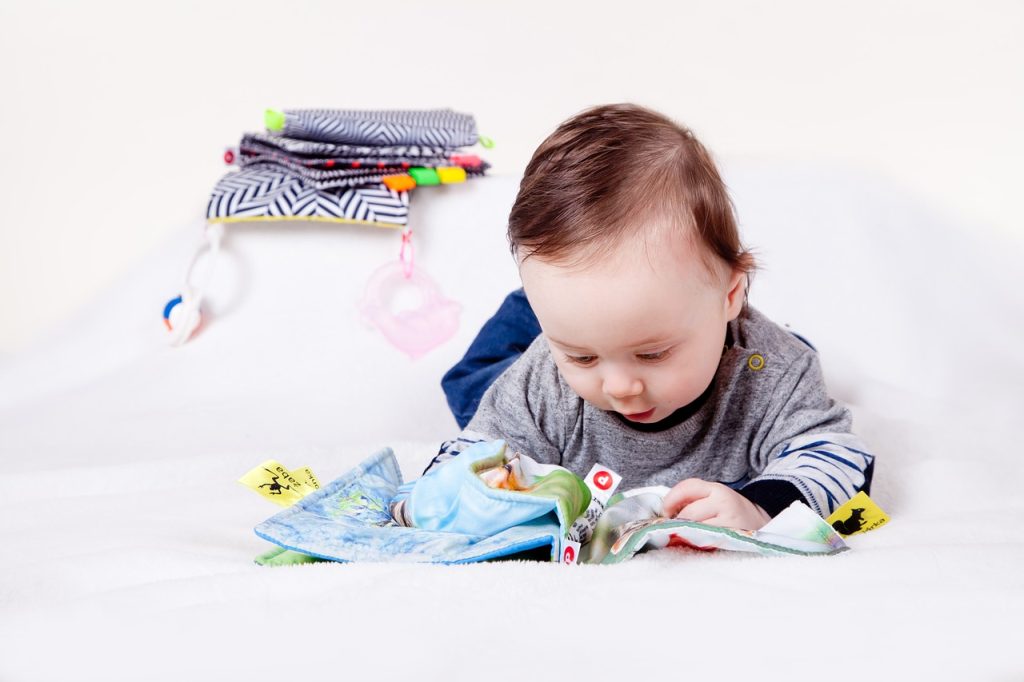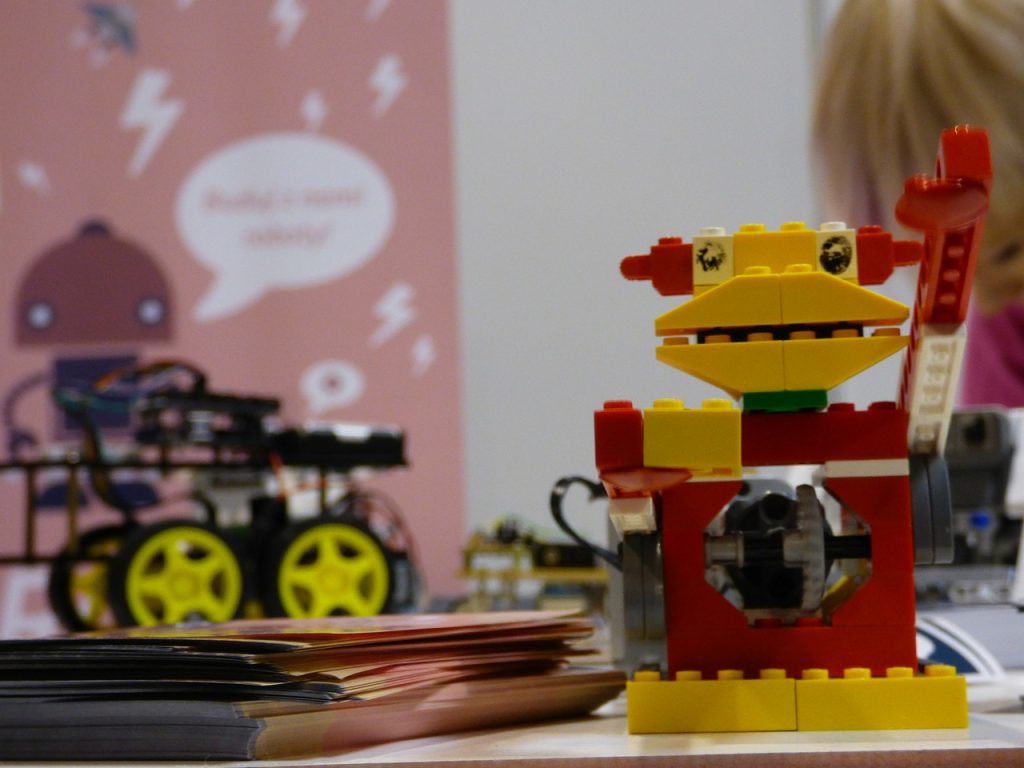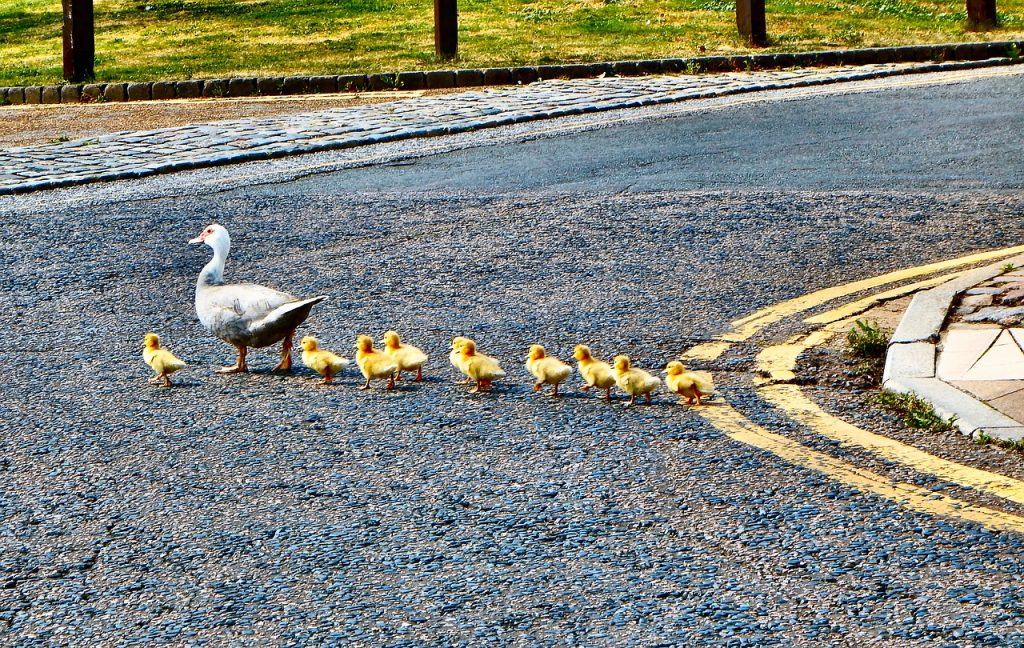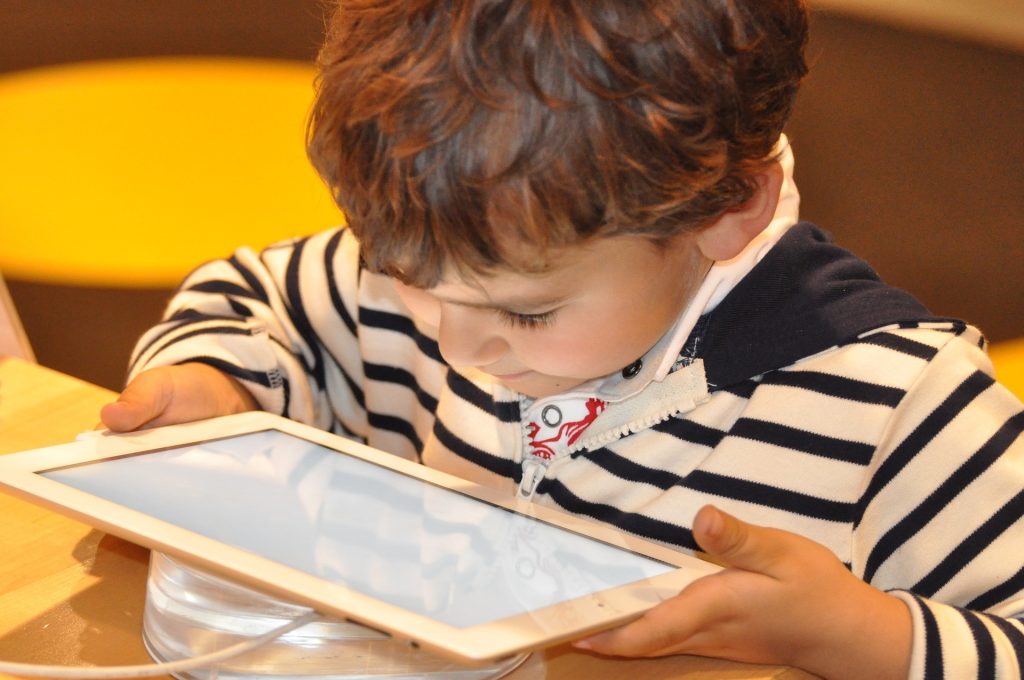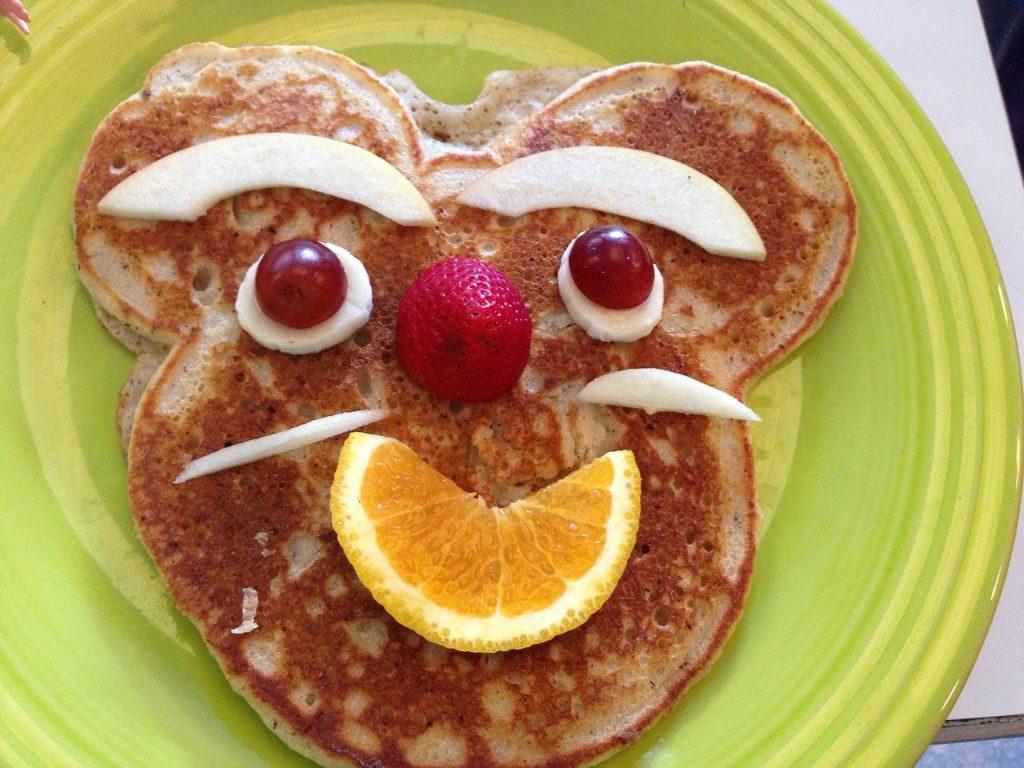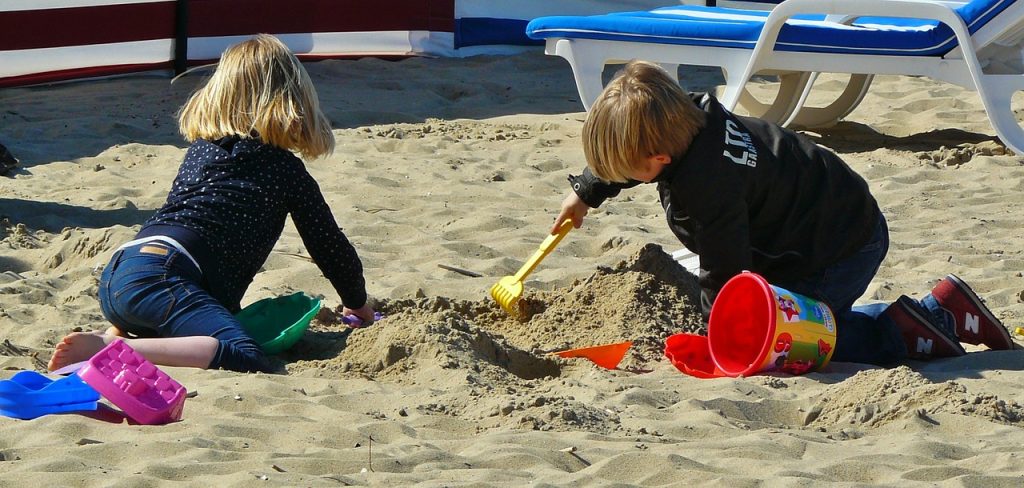Here at nannyjob.co.uk, we’ll never stop talking about how important books and stories are for children. That’s why we’ve put together a list of 5 books, perfect for young readers.
Remember that books aren’t just for children who can already read, it’s just as important that you read to your children, no matter how old they are!

